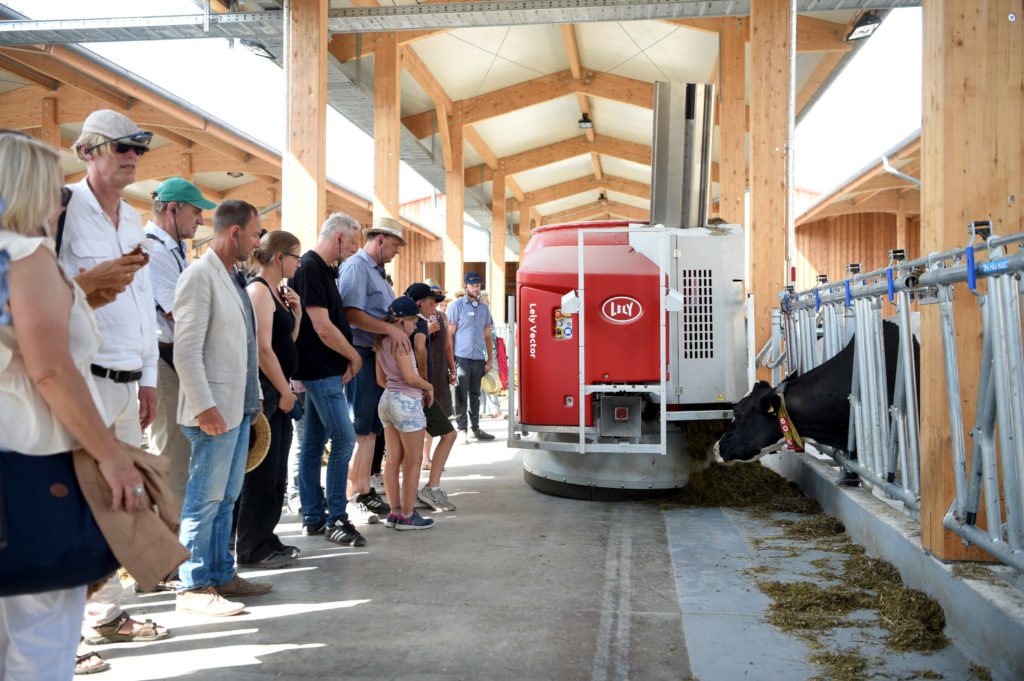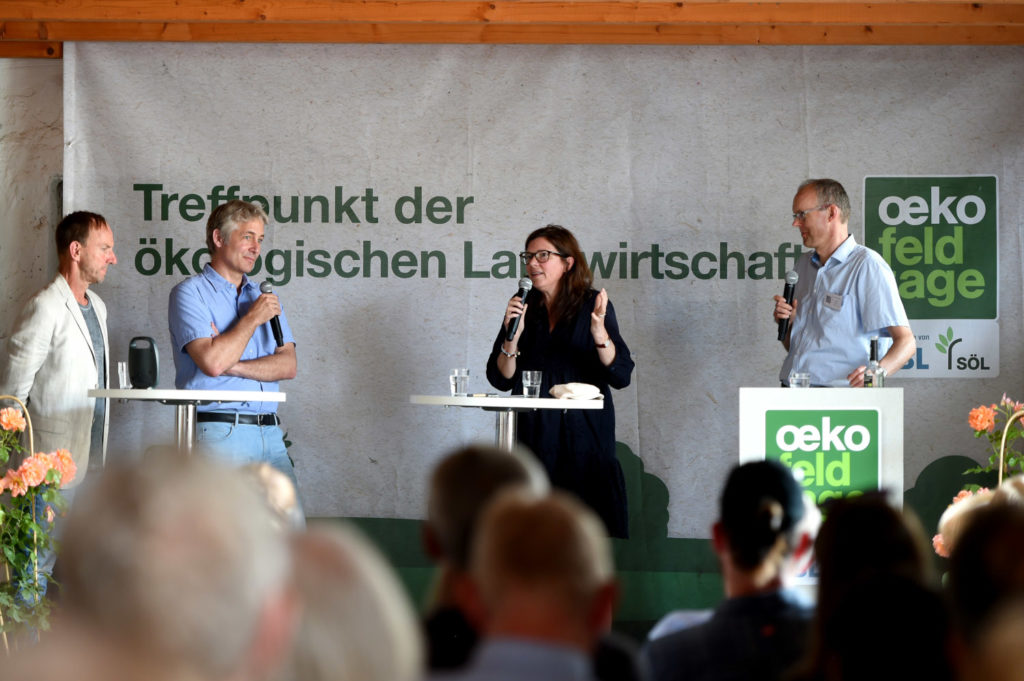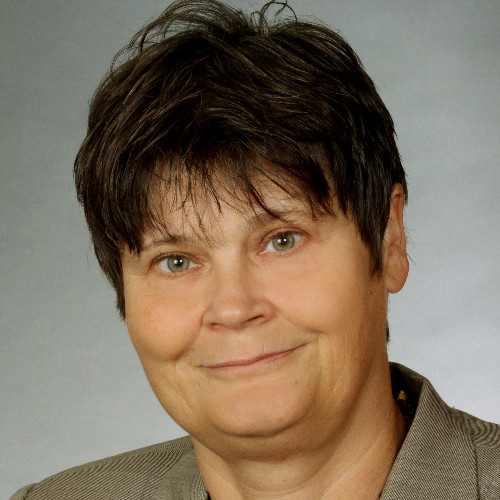Organic farming is already an important sector of German agriculture. At the end of 2021, 36,300 organic farms were cultivating around 1.8 million hectares, accounting for almost 11 percent of Germany’s agricultural area. And these numbers are expected to increase. The coalition agreement of the current federal government of Germany envisages to expand organic cultivation to 30 percent of the total agricultural area by 2030.
The Organic Field Days have been held since 2017. The biggest convention of organic farmers in Germany takes place every other year at a state-owned research farm and is organized by the Research Institute of Organic Agriculture (FIBL). In 2019, a DCZ study tour took a group of Chinese agricultural scientists to the Organic Field Days in Frankenhausen. This year, Eva Sternfeld, Head of Scientific Dialogue at DCZ, visited the 2022 Organic Field Days at Gladbacher Hof in Villmar-Aumenau in the federal state of Hesse. Below is her report.
Organic agriculture the “right answer” to tackle climate change
After a one-year break caused by COVID-19, the Organic Field Days 2022 could finally take place again. During three days, 11,500 visitors found their way to Villmar-Aumenau in Hesse to find out about the latest trends and innovations on a 20-hectare exhibition area at the Hessian state domain Gladbacherhof and exchange ideas with researchers and practitioners at lecture events. Gladbacherhof is a 190-hectare farm in a low mountain range that specializes in the production of seeds (cereals) and dairy. At the same time, the farm is also a research location for the University of Giessen.
Federal Minister of Food and Agriculture, Cem Özdemir, and the Hessian Minister of Agriculture, Priska Hinz, opened the event. At the opening, Hinz warned: “Even as global attention is focused on the current food crisis, we must not forget the biodiversity and climate crisis … organic farming is the right answer for this”.
Climate change was also a key topic at this year’s Organic Field Days. On a designed climate tour, visitors were able to find out about strategies for climate resilience and measures to reduce emissions from agriculture. The “Insect Biology” station showed how aphids and reed leafhoppers—”winners of the climate crisis” that are endangering sugar beet production in Germany—can be controlled by using biological and mechanical plant protection measures.
A long-term field trial on Gladbacherhof has been comparing the effects of ecological crop rotation and tillage strategies for 24 years. The influence of different cultivation methods on carbon storage and the emission of greenhouse gases is measured. Another station showed the importance of using compost for climate resilience, humus formation and carbon storage in soils. Furthermore, the importance of agroforestry systems for carbon storage, microclimate improvement and erosion control was demonstrated.
Balancing climate protection and productivity in the dairy sector
Carbon farming no panacea
Jan Plagge, President of the Bioland producer association and IFOAM Europe President, also shared this view. He called for a scientifically recognized standard that also takes into account the preliminary work that has already been done by organic farmers, such as building up humus. Otherwise, he said, there is a risk that those last involved in improving soil health in the past would benefit most from the scheme.
Other criticism revolved around the potentially outsized role of consulting firms needed to help farmers with the complicated carbon-accounting procedures as well as the possibility of greenwashing. “We advise the farms organized in our association”, said Plagge, “currently not to engage with carbon farming with emission certificates”. Scientific director of Gladbacher Hof and professor at the University of Giessen, Andreas Gatting, expressed similar concerns.
This was just a small glimpse of the wide range of offers at the Organic Field Days. Further information can be found at www.oeko-feldtage.de. The location of the next event has also been decided already. They will take place from 13-15 June 2023 at Biolandhof Grieshaber & Schmidt, 25 kilometers southwest of Stuttgart in Baden-Württemberg. Hopefully, visitors from China will then have the opportunity to find out more about the latest trends in German organic farming.







